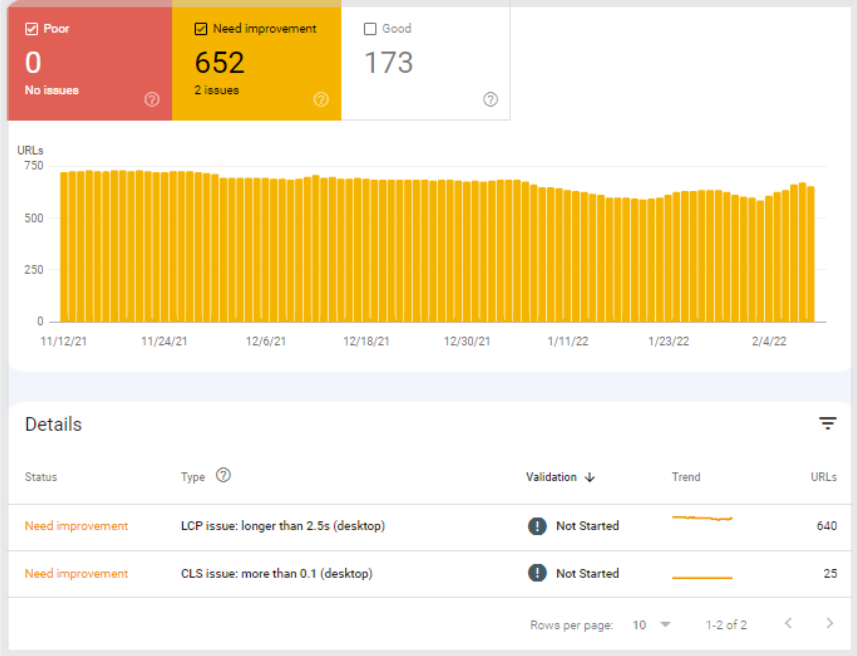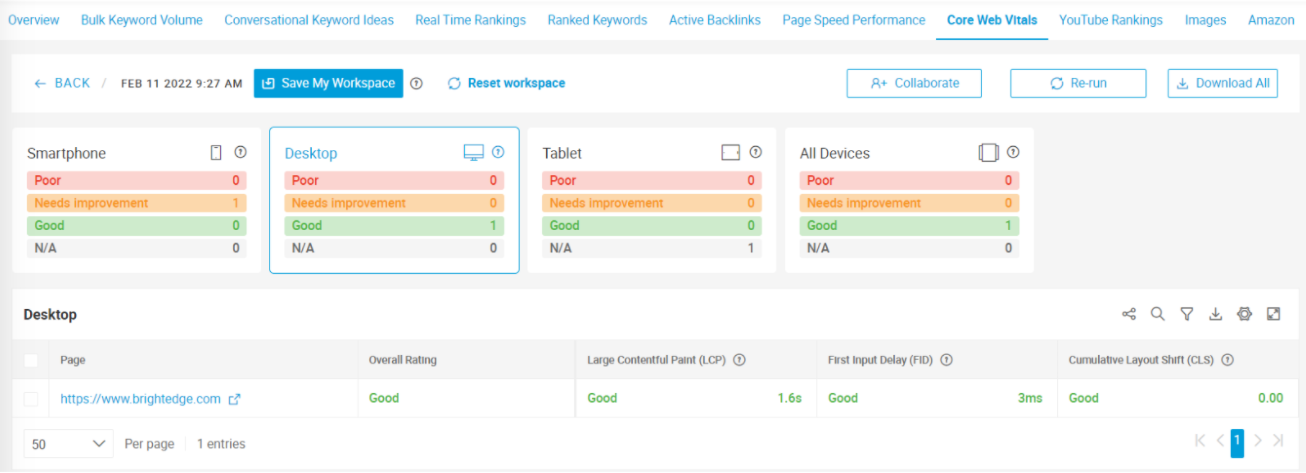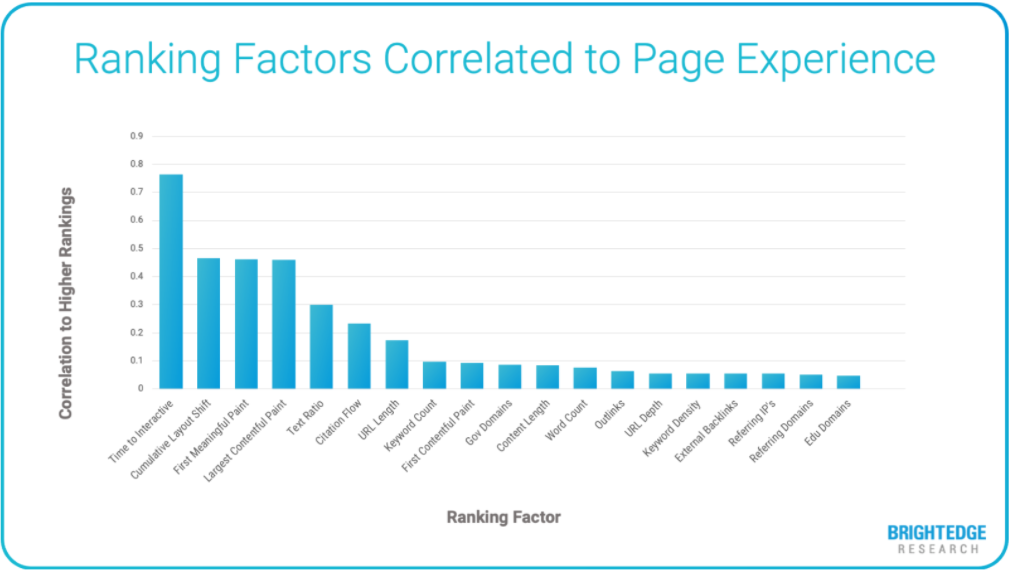Digital media continues to create global interconnections, and in response many brands want to expand beyond their borders and engage with new prospective customers in foreign countries. We put together this list of international SEO best practices to equip you with what you need to know about driving qualified, high-intent global traffic to your organization.
Know the search engines used in your target countries
Google is the largest search engine globally, with a market share of nearly 90%. In many countries optimizing for Google alone will allow you to reach your prospective clients. Bing is the second largest search engine worldwide, with a small but consistent presence across the world. That said, there are several large countries that rely mostly on local search engines.
Here are some examples of international search engines:
- China – Baidu
- Russia – Yandex
- South Korea – Naver
Look at the search statistics for the areas you want to target and figure out which search engines are most popular there. Although some of the basics for optimization will remain consistent across search engines, like a focus on quality content and user experience, other factors will differ.
For example, sites wanting to have visibility in Baidu should ideally be created with a Chinese domain and hosted on a Chinese server. If you want to learn more, we’ve written an in-depth post about the various major international search engines. We’ve also published a comprehensive overview of Baidu.
Work with native speakers for keyword research
When it comes to expanding internationally into non-English speaking markets, foreign-language content will form the basis of your search marketing strategy.
As always, when undertaking search engine optimization, consider user experience. No one likes to read content generated by an automated translator. Many ideas are easily lost in translation, being clunky at best, or misleading and incorrect at worst, opening up a whole new world of unpleasant liabilities.
Working with a native speaker allows you to capitalize on local colloquialisms, culture, and other aspects of semantics that might not be readily obvious to someone who speaks a language fluently but doesn’t live there.
Don’t just rely on translating your existing content. You should also create content that is tailored to address issues the local audience cares about.
Certain keywords will carry high volumes irrespective of international boundaries, and a significant portion of your content will be suitable for direct translation, but your keyword research processes should also account for country-specific queries, both general and long-tail.
It’s similarly important to pay attention to small details like currencies, time zones, addresses, payment options, and so on. All of these factors will contribute to making visitors feel at home on your site.
Site structure for international visitors
Setting up your website for international visitors will be one of the most important steps you take in international SEO best practices. And there are few ways to do it.
Some brands, such as Amazon, create unique top-level domains (TLDs) for each country, such as Amazon.com in the United States and Amazon.co.uk in the United Kingdom. Generally, this method works best when you have a very large business with offers and services that differ from country to country.
Success with this type of setup also requires brands to carry a considerable amount of recognition because of the lack of integration between the domains. When you create a new domain for a new country, you more or less have to start from zero from an SEO perspective. This new domain is new, has little to no reputation, no backlinks, and so on.
Unless your brand is recognizable enough to overcome this challenge, like Amazon, separate domains will likely not be the way to go.
For most moderately sized companies, creating sub-directories or sub-folders branched from a primary TLD tends to work best. This allows you to channel all the power of the domain. It also becomes simple to add an additional country later if you choose to expand again.
Here are your two main options when it comes to picking a URL structure:
- Sub-domain: Host foreign language content on your current domain but create a separate site (e.g. ca.clothingretailer.com or de.clothingretailer.com)
- Sub-directory: Create a sub-directory on your domain which will act as a separate area of your website dedicated to foreign language pages (e.g. clothingretailer.com/canada/ or clothingretailer.com/deutschland/)
It’s also possible to amend a URL with parameters of the form site.com?loc=. This is not recommended, however, by Google.
Inform Google of Foreign Language Versions of Pages With “hreflang” Tags
Whatever URL structure you decide to use, you will need to use hreflang tags to provide Google with the strongest signal for language and country. Although Google can generally detect language pretty reliably, many languages are spoken in more than one country and you may want to tailor content towards people in that country.
Hreflang tags also make it crystal clear to Google how the pages are related and when they should be presented.
There are three main options for setting up hreflang tags:
- Add them to the HTML for your site.
- Include them in your Sitemap.xml file.
- Add them to your HTTP header.
Regardless of which one you choose, make sure that all of the pages point to each other. For example, the US English version of a page – hreflang=en-us – should provide access to the UK version – hreflang=en-uk – for UK users and the UK should point back to the US for US visitors. If you fail to connect the pages from both sides, you may find yourself running into errors in Google Search Console.
Look for international competitors and strategies on local markets
As you move into new markets, you’ll need to identify your local competitors. Just because you compete with other international brands in the United States does not mean that those companies will also be your primary competitors overseas.
You also have to consider local companies. Examine the SERPs related to your industry and see what kind of content local search engines are rewarding for your most valuable keyword groups.
As you begin to identify your top competitors, you also want to look at their digital strategy. Research into the local search engines can provide helpful information about what the SERPs generally value, but for any search engine, that can vary by industry. Looking at the content strategies employed by others in your sector can help you improve your ability to compete.
Adjust content and products to account for changes in local opinions
For many businesses, their product offerings will remain largely consistent across different countries.
This makes it tempting to simply translate the product names and pages to the new language, but doing so will overlook potential areas of optimization. Taking the time to tailor content and product lines to local sensibilities will make it easier to gain footing within the region’s market and begin to secure more leads and customers.
Work with native speakers to create product names, pages, and content that fits the needs and interests of local audiences. Consider what’s most important to them and how your product can fill local needs as you progress.
Marketing in general is about personalization and speaking to the needs of specific personas. Customers in your new country want to feel as though you are just as committed to serving them as you are to your native audience which can also help bounce rate. You can demonstrate this by producing content tailored to their needs.
Other Considerations
Expanding overseas can present you with incredible opportunities to grow your business. Taking the international SEO best practices into account can help you see success.
In addition to the tips outlined above, here are a few more things to keep in mind:
- Don’t assume that all visitors will want to browse in the language of their location. Provide the option to change language and location on all pages. If a visitor in Japan, for example, arrives at your site via an English-language search result, it doesn’t mean that they want to be forwarded to your Japanese-language site automatically. Ask them!
- Be conscious of culture when it comes to design, layout, color choice and so forth. This can be particularly relevant for conversions and, with Google’s growing emphasis on page experience, for search rankings.
- Recognize the difference between multilingual and multi-regional sites, which require slightly different approaches. A multilingual site offers content in multiple languages. A multi-regional site targets users in different countries. Your site may be either of these or both.
- Remember to build links and other forms of off-site authority in the country which you are targeting. Rankings in one national Google domain don’t necessarily precipitate rankings in another.
- If you are duplicating or using very similar content on one top-level domain aimed at a specific audience , use canonical tags to tell Google which is the primary page. This will be served in search results. This is important if you have multiple versions of a page and the only difference is the language, so you can default one of them to show in search.












